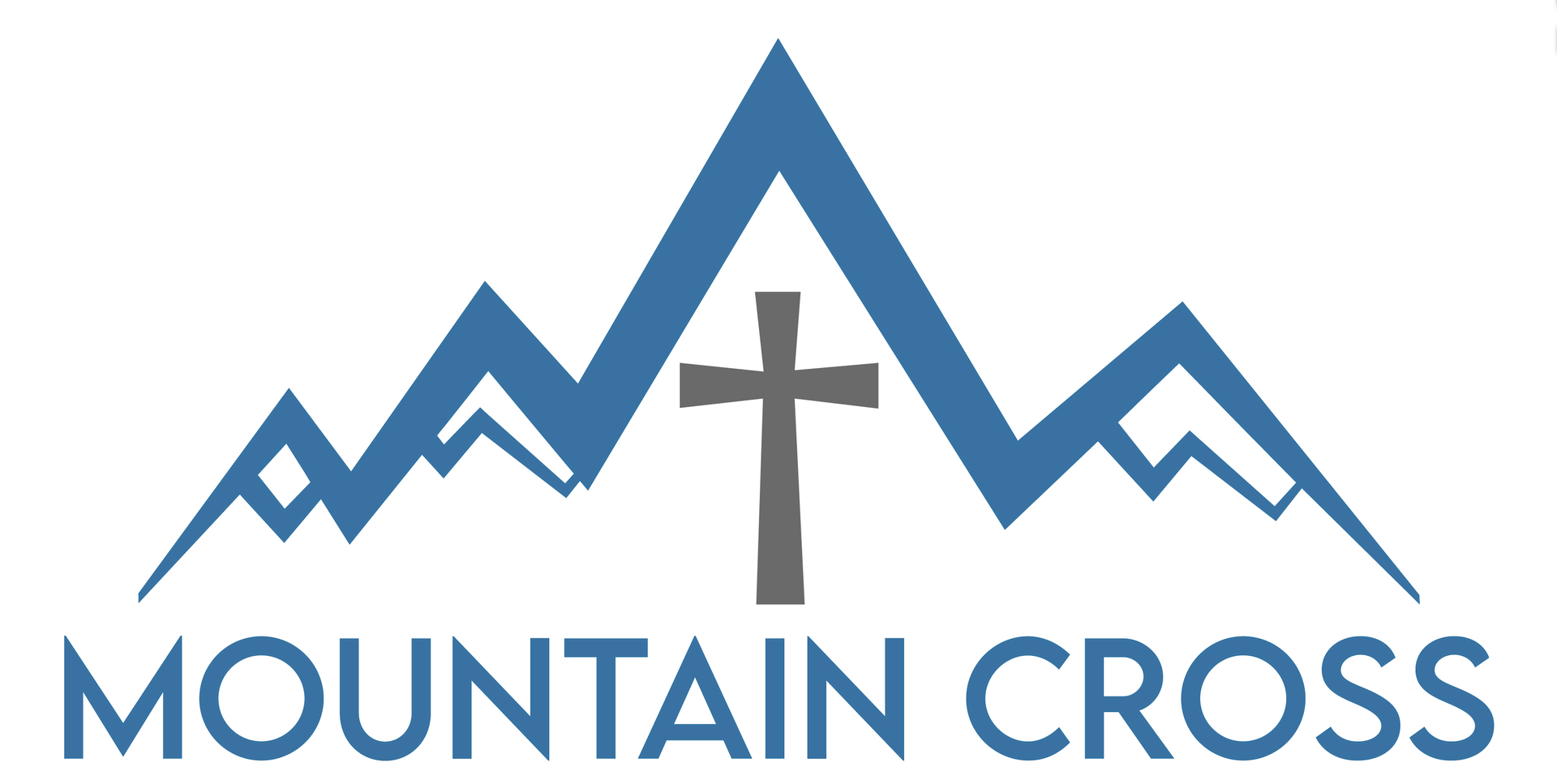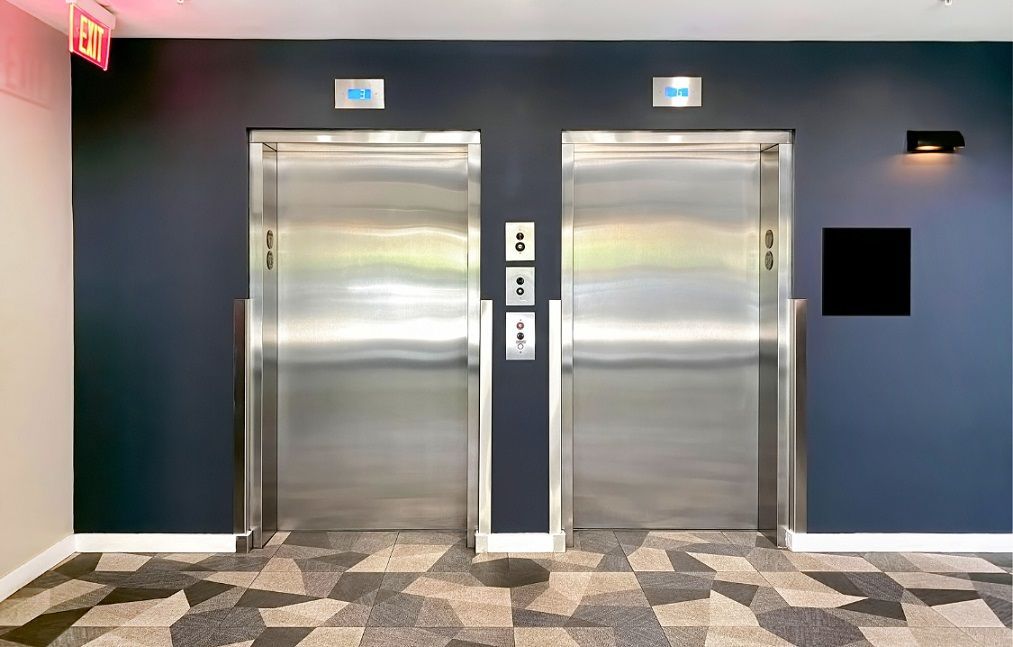Services
ASME Code A17.3
ASME Code A17.3: Essential Elevator Compliance Guidelines for United States Property Owners
ASME A17.3 serves as the primary safety standard for existing elevators and escalators across the United States. Since its inception, this code has played a vital role in protecting millions of passengers who rely on vertical transportation systems daily.
Mountain Cross Consulting helps property owners follow ASME A17.3 standards. We upgrade existing elevators to meet safety rules while keeping everything running smoothly. We focus on practical solutions to improve safety and efficiency.
The implementation of A17.3 standards involves critical safety upgrades, including modern door protection systems, emergency lighting, and enhanced braking mechanisms. We work with building owners in the United States to create customized compliance strategies that fit their specific needs and budgets.
Upgrading Elevators to Meet ASME Code A17.3 Standards
Elevator upgrades require careful attention to safety features, mechanical systems and control mechanisms to meet current standards. Our experience shows that proper implementation of A17.3 requirements significantly enhances elevator safety and reliability.
Key Requirements of ASME Code A17.3
The code requires existing elevators to have specific safety features. These include door contact monitoring systems, emergency lighting, and proper signage.
We provide modern
elevator modernization solutions to bring systems up to today’s standards.
Critical Safety Components
- Emergency communication systems
- Fire service operation controls
- Automatic stop devices
- Protection against unintended car movement
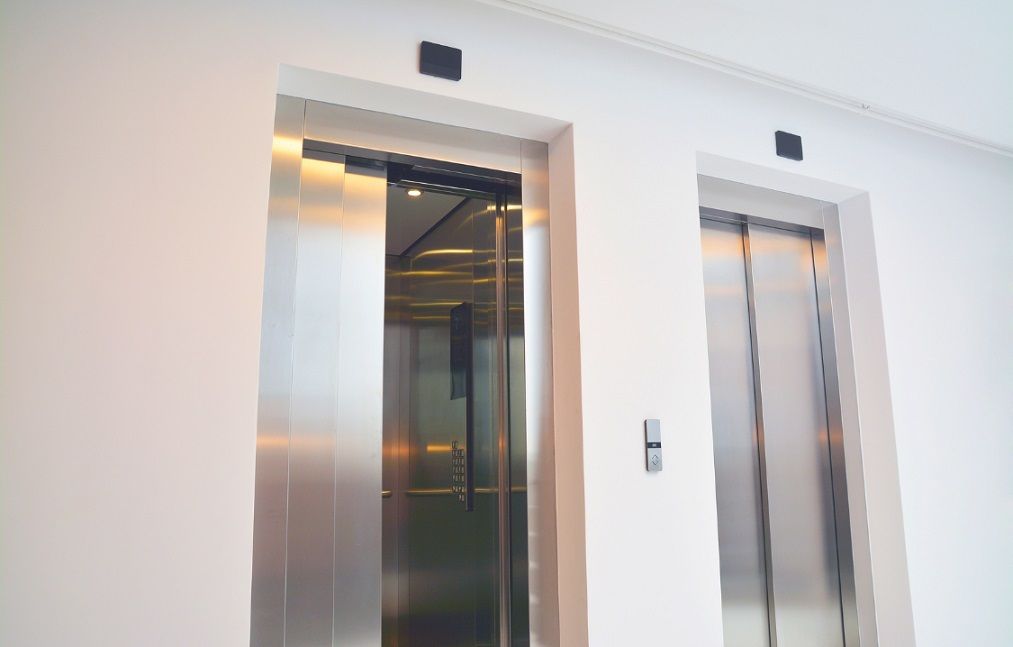
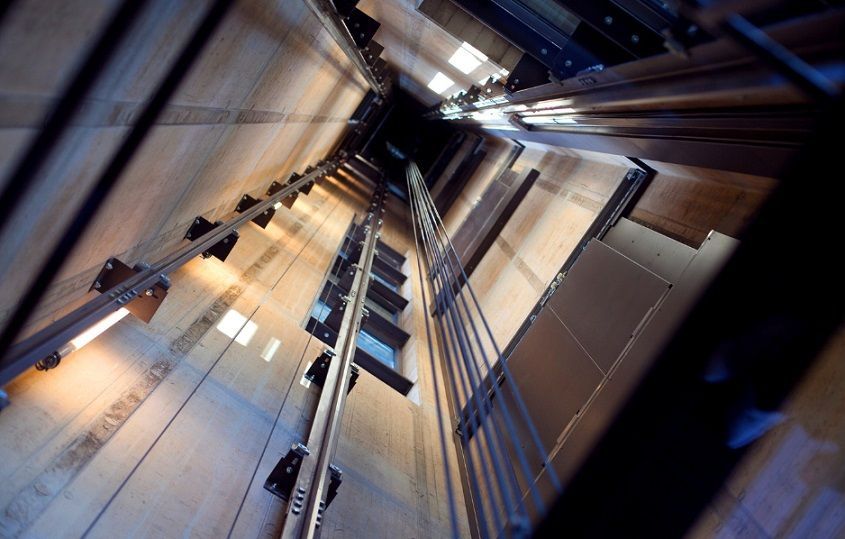
The Importance of Compliance for Property Owners in in the United States
Property owners in the United States face unique challenges due to our mountainous terrain and weather conditions. Local regulations require strict adherence to A17.3 standards.
Non-compliance can result in significant fines and liability exposure. Regular inspections by certified professionals help maintain compliance status.
Keep detailed maintenance records and inspection certificates to show that you are meeting compliance requirements.
Steps for Assessing and Upgrading Existing Elevators
To evaluate elevators effectively, we first need to inspect the current systems and their parts in detail.
Assessment Process:
- Initial safety audit
- Component evaluation
- Code compliance review
- Upgrade plan development
We create upgrade schedules that are customized to reduce interruptions to building operations and ensure that projects finish on time.
Safety Improvements and Risk Reduction
Modern safety features significantly reduce accident risks and improve passenger protection.
Key Safety Enhancements:
- Door operation monitoring
- Emergency brake systems
- Advanced control algorithms
- Updated safety circuits
These improvements keep passengers safe and lower maintenance costs. They also reduce system downtime.
Testing and certifying new safety features regularly ensures they work well and meet standards.
Mountain Cross Consulting's Approach to ASME Code A17.3 Upgrades
We implement systematic, data-driven methods to bring existing elevators into compliance with ASME Code A17.3 requirements through careful assessment, detailed documentation and local regulatory expertise.
Comprehensive Compliance Assessments
Every project begins with a thorough safety evaluation, following our trusted 127-point assessment. These comprehensive compliance assessments ensure nothing is overlooked.
Our certified technicians examine critical components including
- Door operation and safety mechanisms
- Emergency communication systems
- Lighting and electrical systems
- Brake components and machinery
- Fire safety compliance features
We take clear photos and precise measurements of all observations. This helps us create a simple and open plan for making improvements.
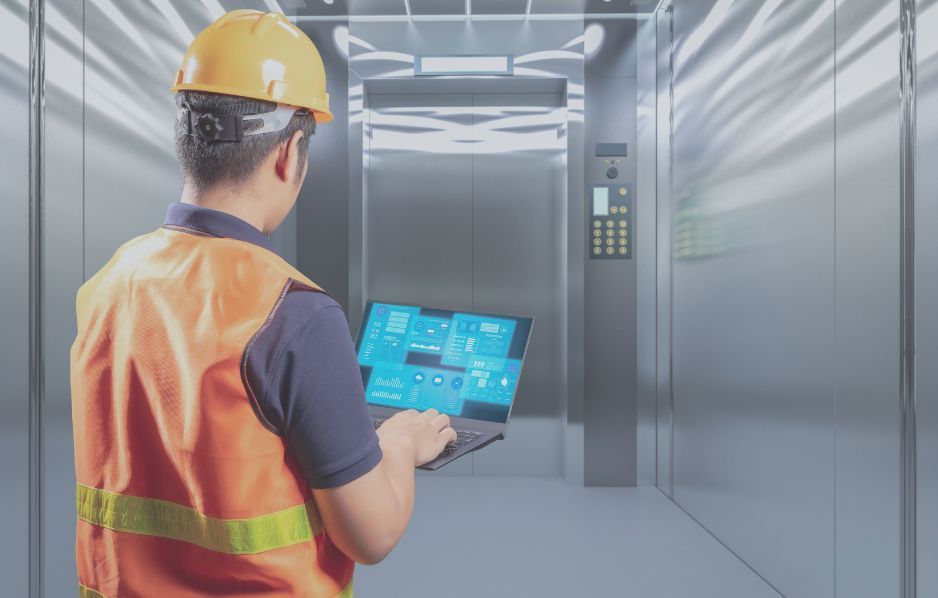
Personalized Consulting and Documentation
We create customized upgrade plans that meet the specific needs of each property and fit within its budget. Our documentation includes itemized cost estimates and projected timelines for each required modification.
We maintain detailed records of
- Initial assessments
- Upgrade specifications
- Progress reports
- Final compliance verification
Our team helps property managers prioritize safety improvements and meet regulatory deadlines.
Local Regulatory Expertise in the United States
We work closely with building officials and inspection agencies across the U.S. to speed up the approval process.
Our team stays current with Colorado's specific interpretations of ASME Code A17.3 through regular training and certification updates.
We coordinate directly with local authorities to
- Schedule required inspections
- Obtain necessary permits
- Submit compliance documentation
- Address any regulatory concerns
We leverage our experience with the United States' unique requirements to expedite the upgrade process.
Frequently Asked Questions
ASME Code A17.3 requires specific safety upgrades and regular compliance monitoring for existing elevators and escalators. Property owners must meet strict requirements and work with qualified professionals to maintain safe operations.
What are the specific safety enhancements required for elevators under ASME Code A17.3?
ASME Code A17.3 mandates several critical safety features, including emergency lighting, fire service operations and door protection devices.
Elevators must have proper gate switches, updated control systems and reliable emergency communication equipment.
The code also requires mechanical safety devices like speed governors and proper counterweight protection systems.
What steps should be taken if an elevator in the United States doesn't align with ASME Code A17.3?
Call a certified elevator consultant right away to check the equipment that does not meet safety standards.
We suggest you schedule a thorough inspection. This will help us find specific areas that need upgrades or changes.
Create a prioritized plan to address safety concerns and implement necessary improvements within required timeframes.
How can Mountain Cross Consulting assist property owners with ASME Code A17.3 compliance?
We evaluate current elevator systems to find any compliance issues.
Our team creates detailed reports outlining necessary upgrades and improvements to meet code requirements.
We guide property owners through the entire compliance process, from initial assessment to final implementation.
Why is it essential for elevators and escalators to comply with ASME Code A17.3 standards?
Staying current with elevator code compliance protects property owners from liability and ensures long-term system reliability.
Following these standards protects property owners from legal issues and liability problems.
Proper compliance ensures that elevator systems work well and last longer.
How frequently are elevators subject to inspection to maintain ASME Code A17.3 compliance?
Elevators require annual safety inspections by certified professionals to verify ongoing compliance.
Additional inspections may be necessary after major repairs or modifications to ensure safety standards are maintained.
What are the potential consequences of not adhering to ASME Code A17.3 for elevator safety and operation?
Non-compliance can result in significant fines, equipment shutdown orders and increased liability exposure.
Unsafe elevator conditions can affect or void your building's insurance coverage.
Property owners may face legal penalties and potential civil litigation if accidents occur in non-compliant elevators.
